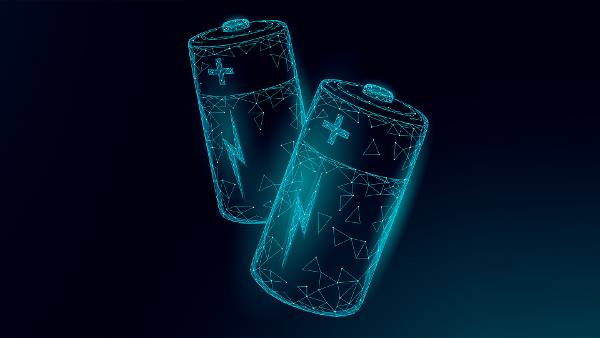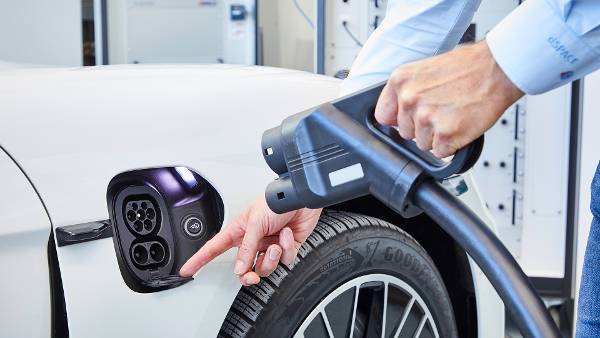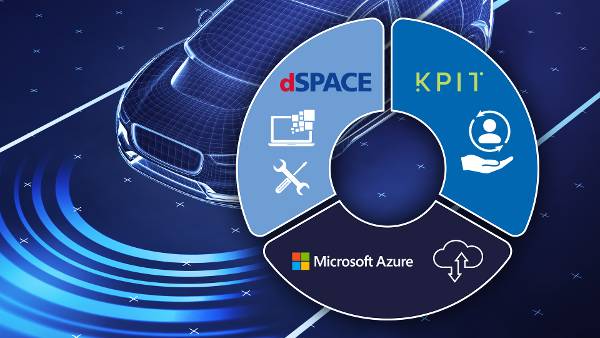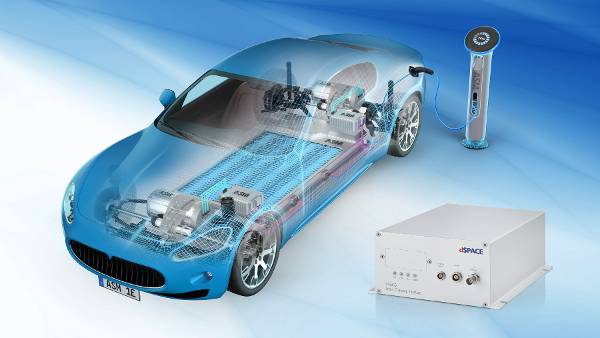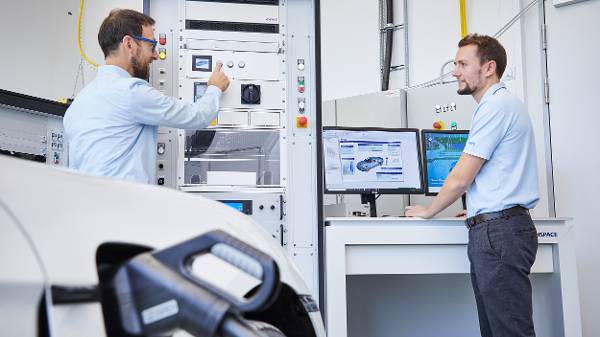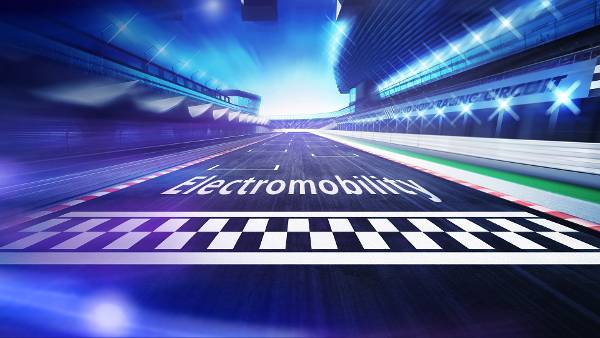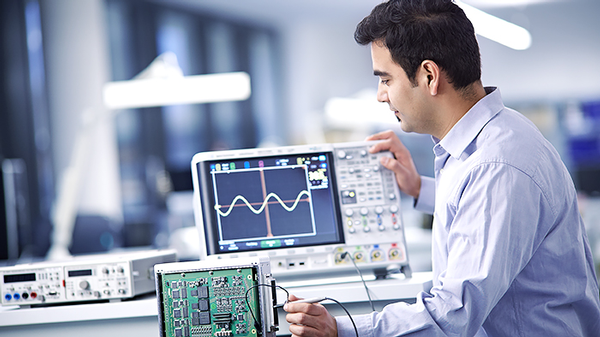Charging speed is a top concern when developing new charging technologies. In a smart charging system, electric vehicles, charging stations, and charging operators share data in real-time. Therefore, the smart system knows how much power is required and available for a given time period. This optimizes the use of energy supplies, avoids overloading of the system, and accelerates the charging speed. On the one hand, the communication needed is completely standardized, on the other hand, each party and participant has its own implementation that needs to interact perfectly for successful customer experience.
- Best-in-class HIL testing solution for charging systems
- Support of all charging communication standards
- Seamless integration into the vehicle validation process
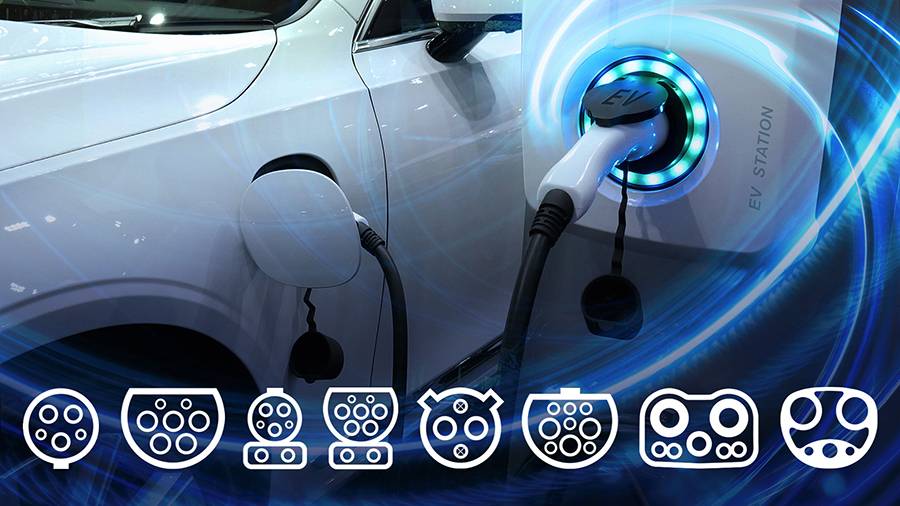
Challenge: Seamless Communication
To achieve seamless communication between the EV and the charging stations, several standards, such as DIN, ISO 15118, CHAdeMO, GB/T, and ChaoJi must be considered when introducing onboard chargers and fast charging systems for electric vehicles worldwide. These standards are used in different regions as the main charging communication. Therefore, the vehicles have to be able to use them for fast charging. Because, these standards bring their own test catalogues for conformance testing, they lead to high efforts during the development process. And still, they still do not guarantee full interoperability and even more tests are needed.
In addition to the communication challenges, a large amount of power electronics is involved in the energy transfer. This leads to additional efforts regarding safety and robustness of the charging process, since we are dealing with high voltages, high currents, and high power.
dSPACE Solutions for Charging Systems
For developing and testing technologies involved in the charging process, we provide a comprehensive solution portfolio starting with pure communication tests extended by predefined test libraries. These tests can be performed even before the final EVCC is available with software-in-the-loop testing based on VEOS. Furthermore, dSPACE offers ready-to-use charging stations with full flexibility regarding the DC and AC output voltage and customizable power level to charge real electric vehicles.
HIL Testing

Central Test Method for Validating ECUs
The dSPACE HIL test systems provide a simulated environment for efficient and reproducible validation of real ECUs in the laboratory 24/7. This increases test coverage and shortens validation times significantly. Our HIL solutions cover all vehicle domains from autonomous driving to zero emissions – starting with component testing and up to virtual vehicle testing.
Power HIL Testing

Closing the Gap Between HIL and Dynamometer Testing
With our power HIL systems, we offer ready-to-use solutions for testing any kind of inverter, including the controller and power electronics, at full power. Using real voltages and currents, our systems enable you to complete exceptionally rigorous tests. Our systems behave like a digital twin of the real system and allow for easy configuration with just a few clicks, which significantly reduces setup times.
Bus & Network Communication
SIL Testing

Software-in-the loop (SIL) testing with the powerful dSPACE solution for PC- and cloud-based simulation
With the dSPACE solution for software-in-the loop (SIL) testing, you can significantly accelerate your software development process by testing and validating virtually. dSPACE offers you a complete, modular, scalable development and test solution. You can conveniently simulate a device-under-test on a PC, connect it to physics-based models, run scalable tests in the cloud, and then easily reuse test scripts on hardware-in-the-loop (HIL) systems.
End-of-Line Testing
Test Data Management

Data Management and Collaboration Software for Automated ECU Testing
SYNECT, our solution for the efficient and automated verification and validation of ECU software, helps engineers worldwide handle all test parameters, their dependencies, versions and variants, and the underlying requirements throughout the entire development process.
This results in consistent data versions and complete traceability as required in homologation processes, and an efficient reuse of data in other projects.
Production Software Development
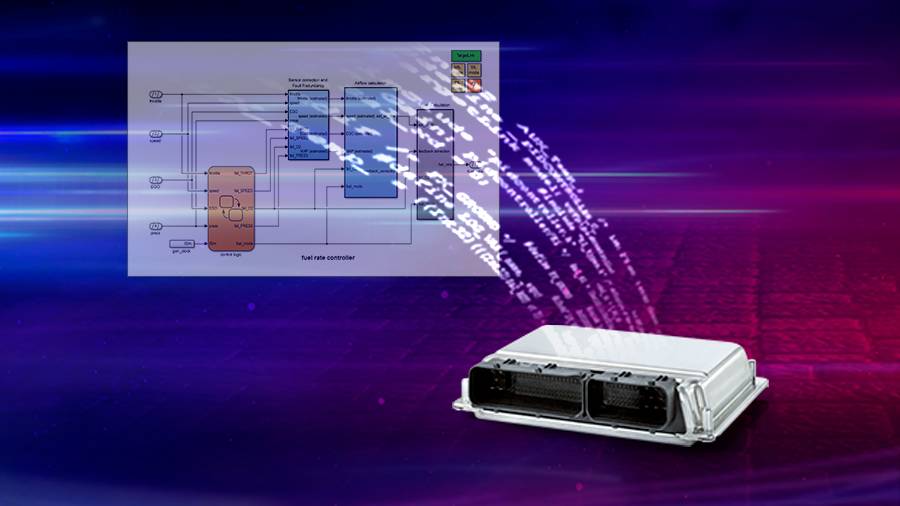
Optimized Production Software Development
The central challenges in production software development include the optimization of RAM resources, run time, and integration into the overall system. Furthermore, it must be possible to split the software in such a way that regular software updates are possible. And before the final software release, special validation and often a release process are required.
Simulation Modeling
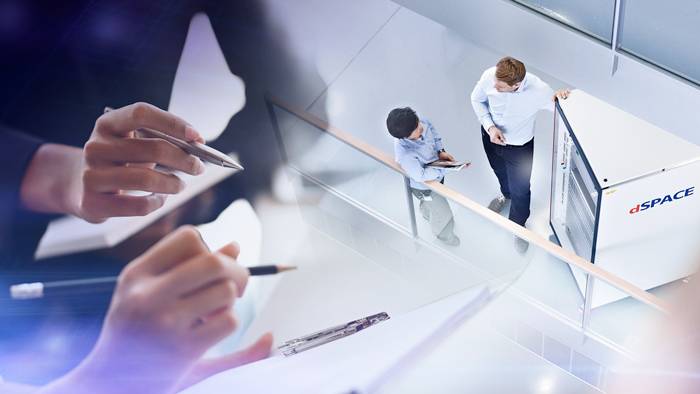
Development support from start to finish
Developing complex E/E systems and software with ever more safety-critical functions, especially in the area of autonomous systems, raises the question of guaranteeing function reliability. That's why dSPACE offers end-to-end expertise in functional safety, test strategy development as well as verification and validation in complex E/E processes - to support you from the earliest project stages to homologation.
dSPACE systems are easy to get up and running – however, if a project is more complex, if individual solutions are needed or if there is high time pressure, you can also trust dSPACE's fast, competent and reliable engineering services.








